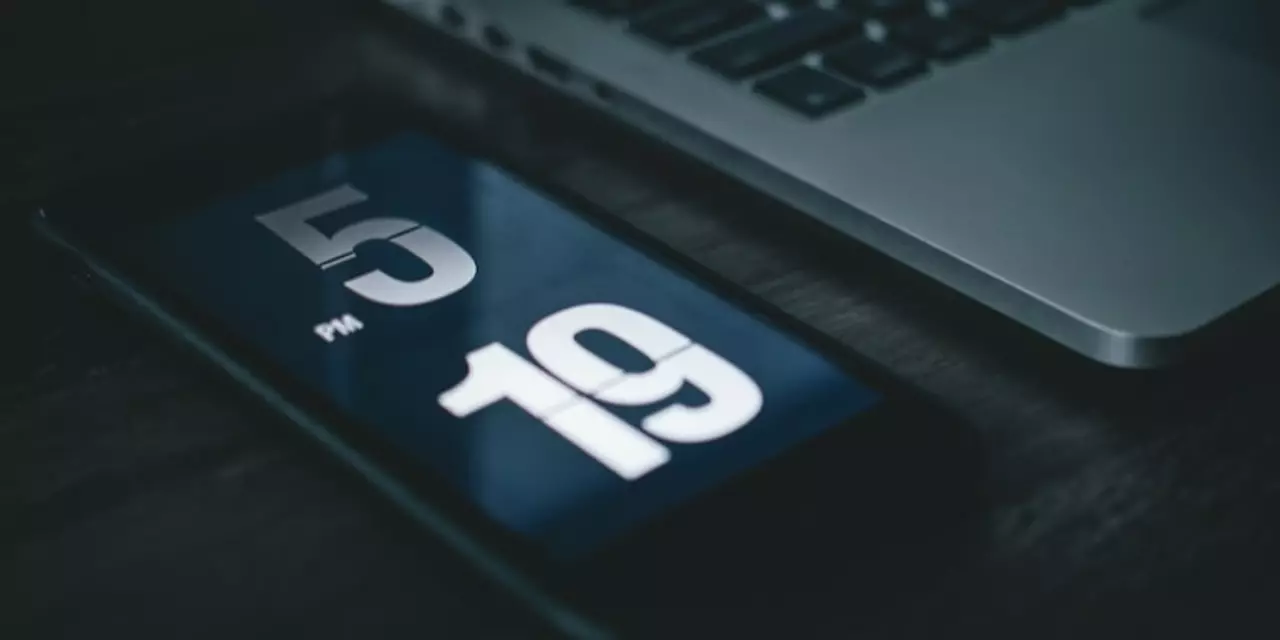Misuse – What It Means and Why It Matters
Ever heard the word misuse and thought, “That sounds serious, but what does it really cover?” In plain terms, misuse is using something the wrong way, either by mistake or on purpose. It can be a tiny error, like reading a news headline incorrectly, or a big problem, like bending a law to suit personal gain. When we spot misuse early, we can stop it from spreading and protect ourselves.
Everyday Areas Where Misuse Happens
Misuse isn’t limited to one field. Look at a few examples from our recent stories:
- Exam patterns: The IB ACIO Exam Pattern 2025 has a strict marking scheme. If candidates misunderstand the negative‑marking rule, they end up losing points they could have kept. That’s a classic case of misusing the test instructions.
- Sports reporting: During the US Open final, some outlets highlighted Sabalenka’s win but downplayed Anisimova’s injury. Twisting facts to make a story sound more dramatic is a misuse of sports journalism.
- Legal orders: When the top court stayed a high‑court order on Arya Samaj marriages, the original order was being misused to affect community rights. The pause prevented a wider misuse of legal power.
- Media rankings: Claiming Republic TV as “the best news channel in 2020” without clear metrics can mislead readers. It’s a subtle misuse of data to boost reputation.
- Population data: Citing raw numbers about India’s population without context can create a misleading narrative about “overcrowding.” That’s using statistics the wrong way.
These snippets show that misuse shows up in exams, sports, courts, media, and even simple facts.
Tips to Spot and Stop Misuse
Here are some quick ways to catch misuse before it harms you:
- Read the fine print. Whether it’s an exam guide or a news article, the details often reveal the real rule.
- Ask for sources. If a claim sounds bold – like “the most popular Hindi newspaper online is Dainik Bhaskar” – look for data that backs it up.
- Compare multiple views. A single legal opinion or sports recap can be biased. Check a few outlets to see the full picture.
- Know the standard rules. Negative marking in exams, break‑point rules in tennis, or the definition of a marriage under law are not optional – they’re set standards.
- Trust your gut. If something feels exaggerated, it probably is. A headline that promises a “back‑to‑back crown” without mentioning the opponent’s effort may be stretching the truth.
When you spot misuse, share the corrected info with friends or comment on the original post. A small correction can stop a chain of misinformation.
In short, misuse is everywhere, but it’s easy to catch if you stay curious and double‑check the facts. Keep these tips in mind, and you’ll be better equipped to navigate news, exams, and everyday decisions without getting fooled.





